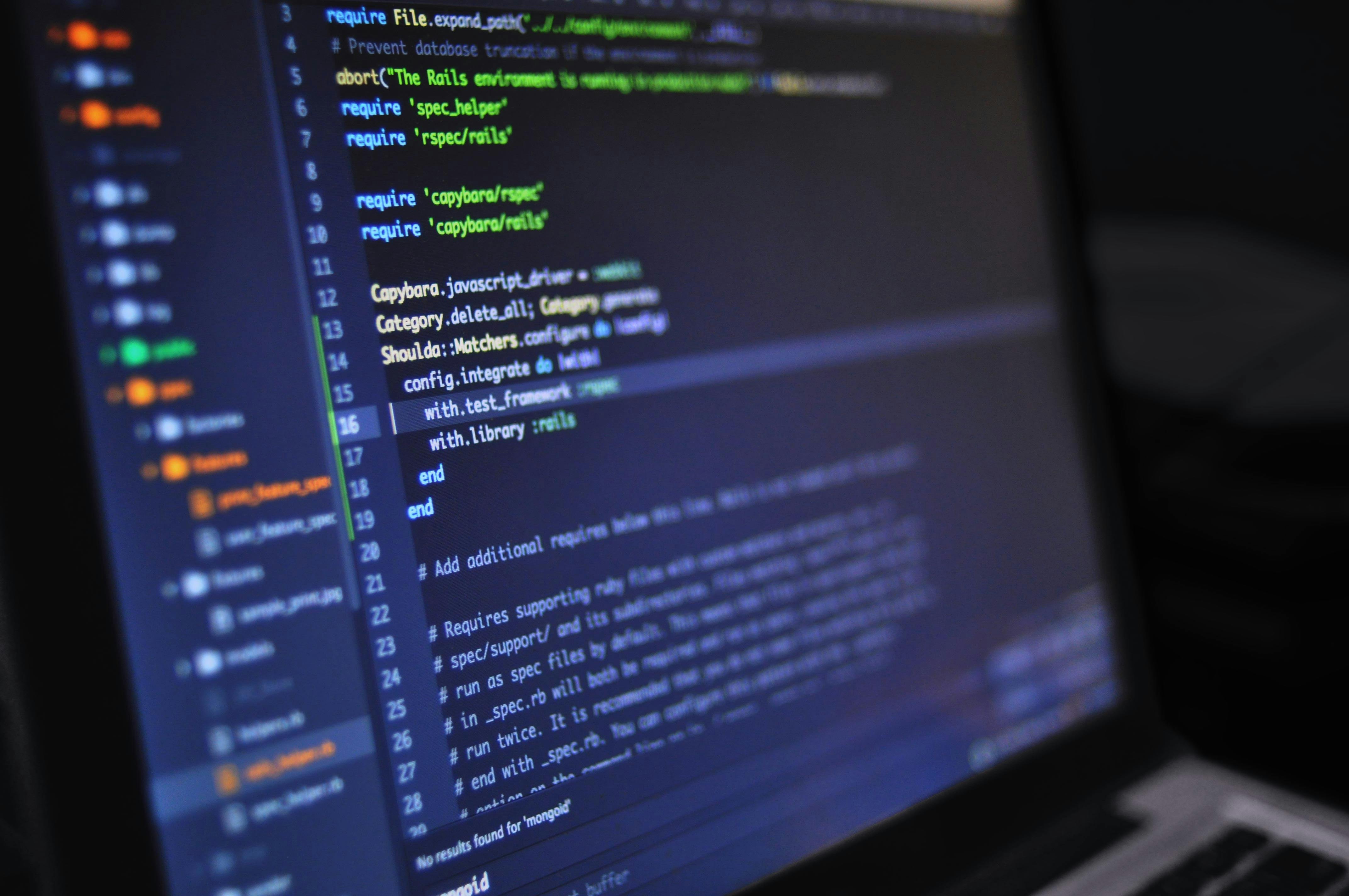
Blockchain and Edge Computing: Transforming Decentralized Finance and Real-World Asset Tokenization
Blockchain and Edge Computing: A Comprehensive Analysis for Modern Developers
Understanding the Technological Convergence
The intersection of blockchain technology and edge computing represents a groundbreaking paradigm shift in distributed systems architecture, offering unprecedented opportunities for decentralized financial infrastructure and real-world asset (RWA) management. As computational complexity increases and data privacy becomes paramount, this technological fusion provides revolutionary solutions for secure, efficient, and transparent digital transactions.
Edge Computing: Enhancing Blockchain Infrastructure
Edge computing fundamentally transforms blockchain's traditional centralized processing model by distributing computational workloads closer to data sources. This approach dramatically reduces latency, enhances security, and enables more sophisticated smart contract execution across diverse network environments. By leveraging localized computing resources, blockchain networks can achieve unprecedented scalability and performance.
Key Technological Frameworks and Jurisdictional Considerations
International Regulatory Landscapes
Various global jurisdictions have developed nuanced regulatory frameworks for blockchain and edge computing technologies:
| Jurisdiction | Regulatory Approach | Key Considerations |
|---|---|---|
| United States | Hybrid Regulatory Model | SEC Cryptocurrency Regulations |
| British Virgin Islands | Crypto-Friendly Environment | Minimal Restrictions |
| Switzerland | Progressive Blockchain Legislation | Strong Legal Protections |
| Cayman Islands | Offshore Financial Hub | Favorable Tokenization Framework |
Top Protocols Integrating Edge Computing and Blockchain
- Chainlink: Decentralized oracle network enabling real-time data integration
- IOTA: Machine-to-machine transaction protocol leveraging edge computing
- Theta Network: Distributed video streaming and computational infrastructure
- Ankr: Distributed cloud computing platform for blockchain networks
Market Analysis and Future Implications
According to recent market research from Gartner and IDC, the combined blockchain and edge computing market is projected to reach $12.5 billion by 2025, with a compound annual growth rate exceeding 45%. This exponential growth underscores the transformative potential of these interconnected technologies.
Technical Challenges and Innovative Solutions
Implementing edge computing within blockchain ecosystems presents complex architectural challenges. Developers must address critical issues such as:
- Distributed consensus mechanisms
- Cryptographic security at edge nodes
- Computational resource allocation
- Interoperability between heterogeneous network environments
Real-World Asset Tokenization Trends
Edge computing enables more sophisticated real-world asset tokenization strategies, allowing granular fractional ownership and enhanced liquidity for traditionally illiquid assets. From real estate to intellectual property, this technological convergence democratizes investment opportunities.
RWA.codes: Your Strategic Technology Partner
At RWA.codes, we specialize in developing cutting-edge blockchain solutions that seamlessly integrate edge computing technologies. Our comprehensive services include:
- Custom blockchain infrastructure design
- Edge computing architectural consulting
- Smart contract development
- Regulatory compliance assessment
- RWA tokenization strategies
Our multidisciplinary team of blockchain architects, legal experts, and software engineers ensures robust, compliant, and innovative technological solutions tailored to your specific requirements.